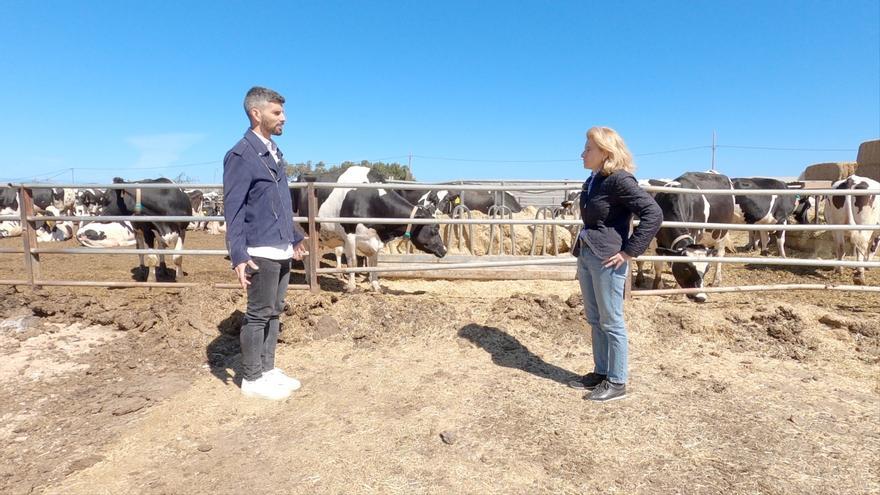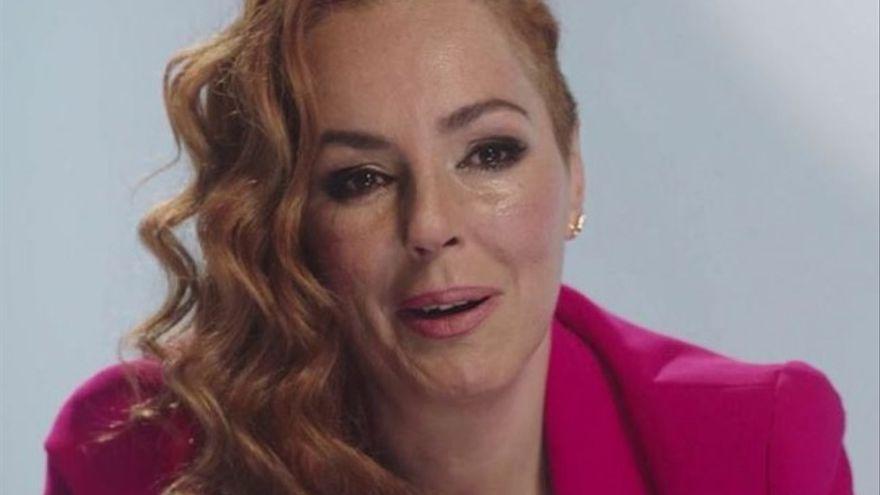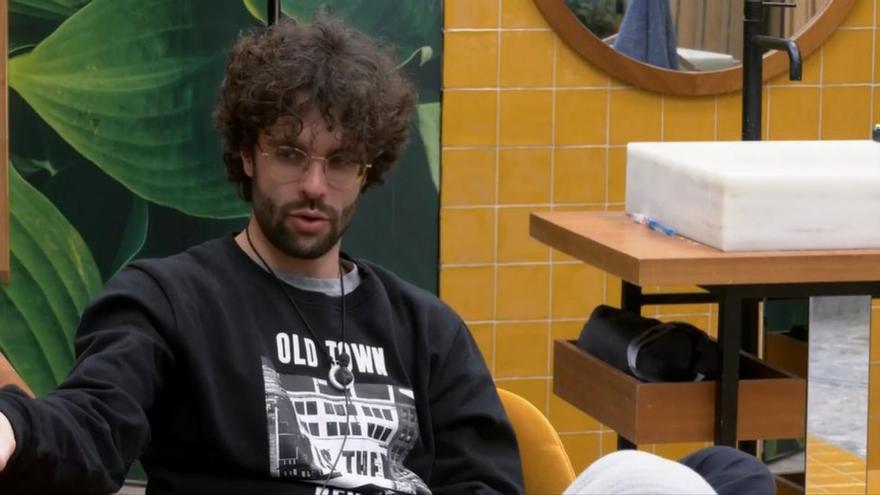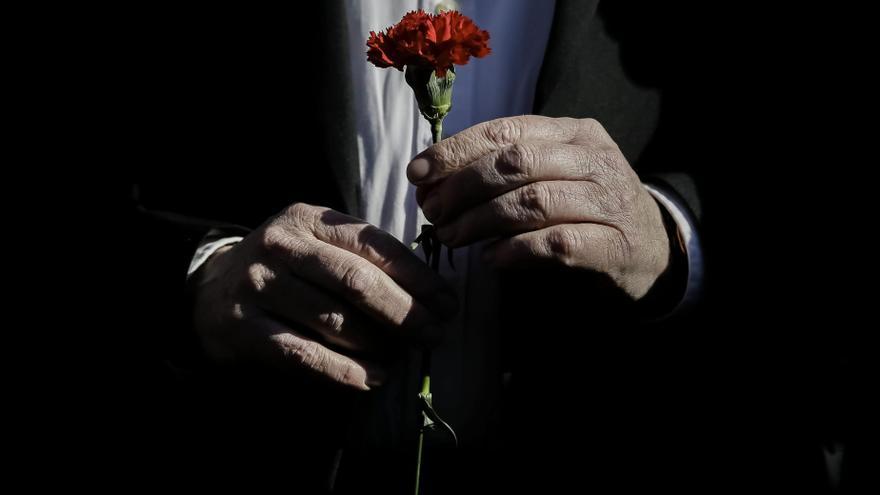Is ‘Pasapalabra’ a plagiarism? This was the original contest | Television
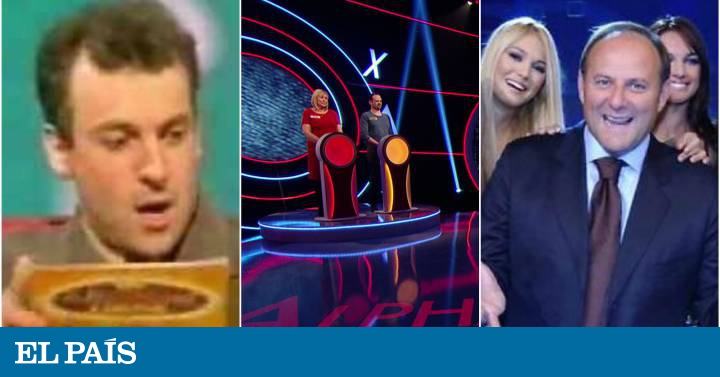
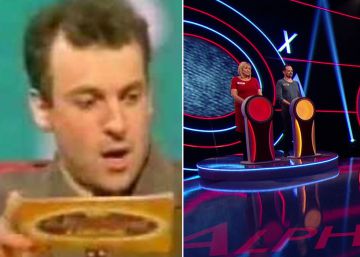
The sudden bye bye Pass word in Telecinco after the decision of the Supreme Court to dismiss the appeal of Mediaset Against a conviction of the Provincial Court of Madrid is the result of a conflict that has spread for years between ITV Global Entertainment and Mediaset Spain. The origin of the dispute It is the originality of the Telecinco star contest format, compared to the ITV version, The Alphabet Game
Loaned by ITV to Mediaset, it began broadcasting on Telecinco in 2007 after its passage through Antena 3. In 2009, the Spanish group renewed the agreement with ITV for three years. However, the Spanish chain decided to terminate the contract unilaterally based on the differences between the original format and the one that was issued in Spain and registered as Rosco itself, the final test, which did not exist in the mother version of the program. After that, the British producer went to court when considering that it violates your intellectual property. But how was it The Alphabet Game?
Pass word part of a contest of short life (it was only on the air between 1996 and 1997) and short duration (little half an hour) that the first channel of the British public broadcaster, BBC, aired. In it, and as in the Spanish version, two contestants accompanied by two celebrities faced different tests in which the key was their mental speed. Their tests measured participants' ingenuity more than their cultural knowledge. An example: answer the question "places you would not like to be seen" with answers starting with a, b, c ... and so on. Another test: describe the singer Cliff Richard with a word that begins with the letter that the presenter says. As the validity of many of the answers was open to interpretation, another famous person acted as judge to decide in favor of one or the other team in case of doubt.
The space combined humor, ingenuity, mental agility and knowledge. In the final test, the team that has added the most points throughout the program has 60 seconds to respond with the initials of the answers of the questions asked by the presenter. For example, if a question had been "pinacoteca in which is Las Meninas", the three members of the team would have to say M, D and P (Museo del Prado). And there ended the contest, without final Rosco.
His life on British television was brief, but ITV Studios sold it abroad and in 1999 he started in Italy the first of its versions, Passaparola, which remained in Canale 5, owned by Mediaset, until 2008. It is a format more similar to the one that could be seen for the first time in Antena 3 in July of the year 2000 (one year later than in Italy) presented by Silvia Jato The Italian adaptation adds elements of entertainment and entertainment, with hostesses, an elaborate set and tests similar to those that arrived in Spain, including the famous Rosco, the final test in which the contestants try to correctly answer 25 questions that begin with the lyrics of the alphabet. This version is what the successive adaptations that the format has had in countries such as France, Turkey, Colombia, Argentina, Portugal, Iraq or Chile drink.
Although he has seen some evolution in the tests, the Pass word Spanish maintains its essence since its landing on the grill. Although at first the celebrities were also exposed to a simpler initial thread than the final test, the rest of the program consisted, as was the case in Telecinco, in different tests with clues to find words and add seconds to the final duel Of course, the resemblance to the original British program is scarce.
In the United Kingdom, the ITV channel recovered the format between 2016 and 2017 under the name Alphabetical. It was a more sober version, without celebrities in the middle or as much humor as the original editions, with three contestants who faced the champion of the previous program to try to reach the final test, a Rosco similar to that of the Italian and Spanish programs .
. (tagsToTranslate) be (t) passwords (t) plagiarism (t) contest (t) original (t) the alphabet game (t) issue (t) string (t) bbc (t) 1996 (t) 1997 (t) different (t) version (t) Spanish (t) Spanish
Source link



